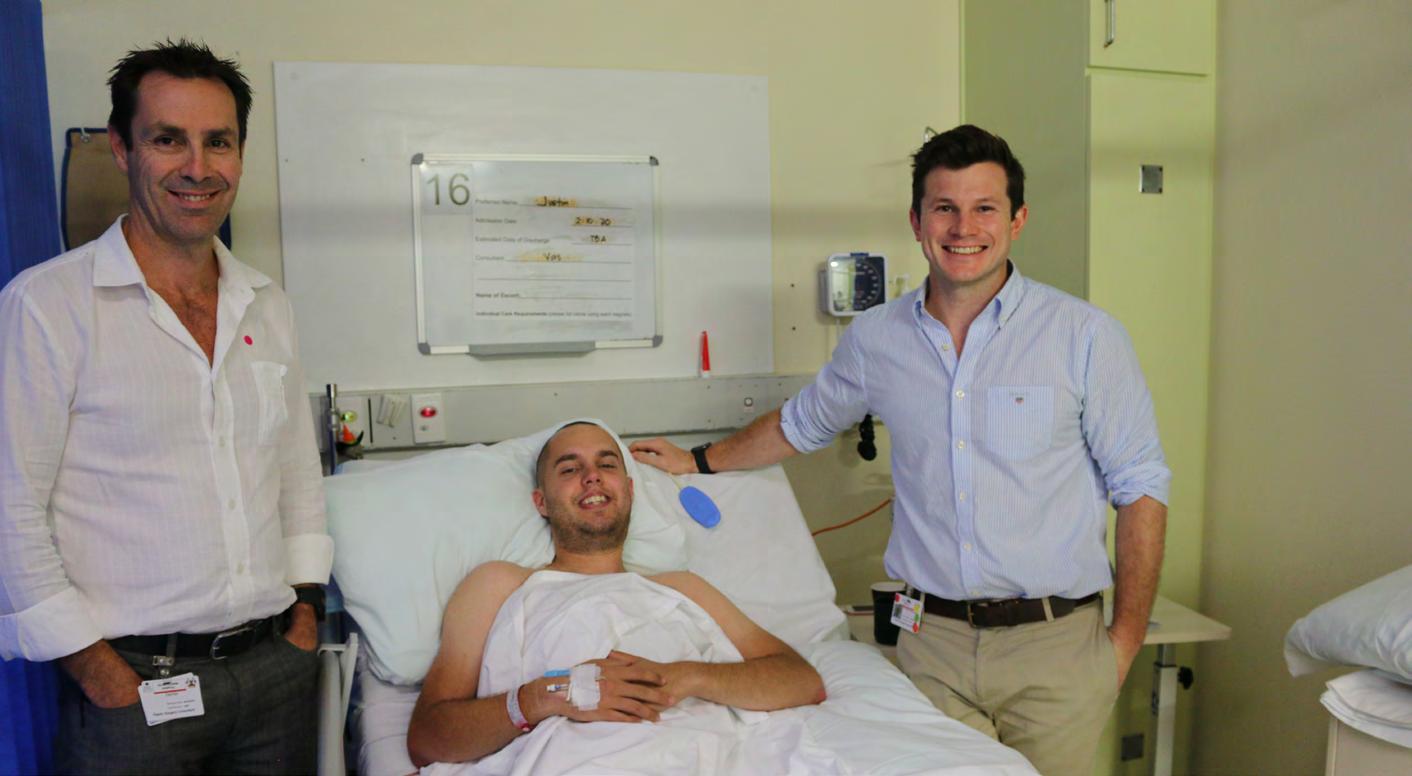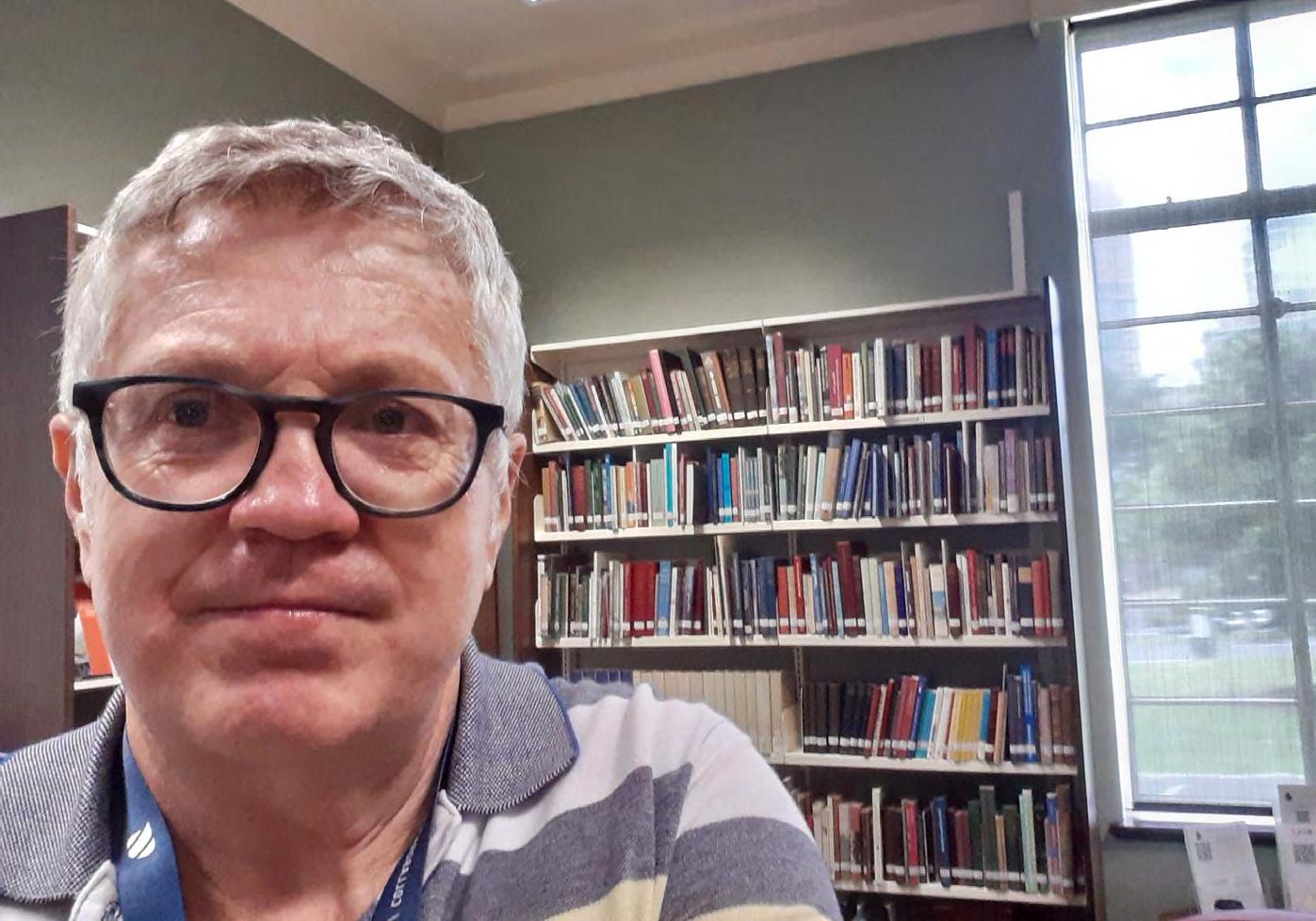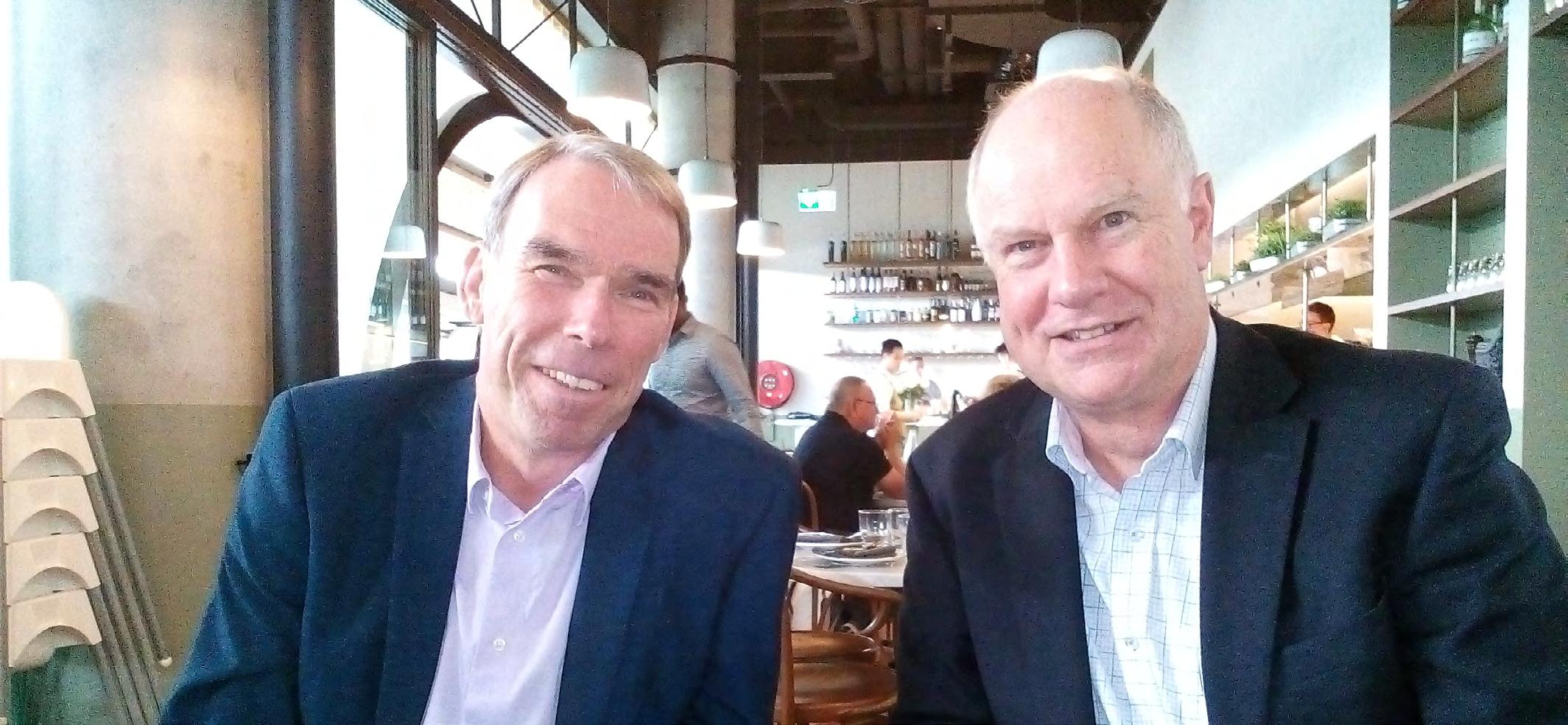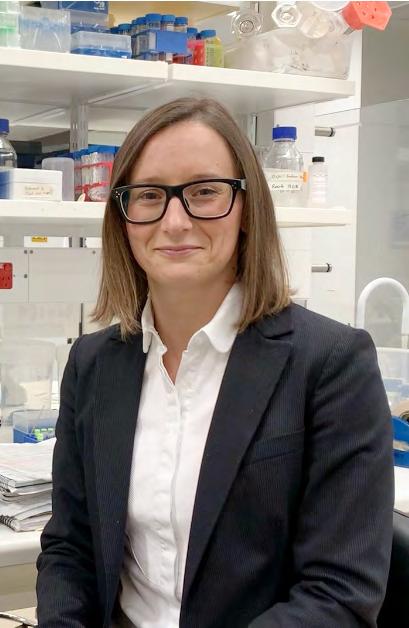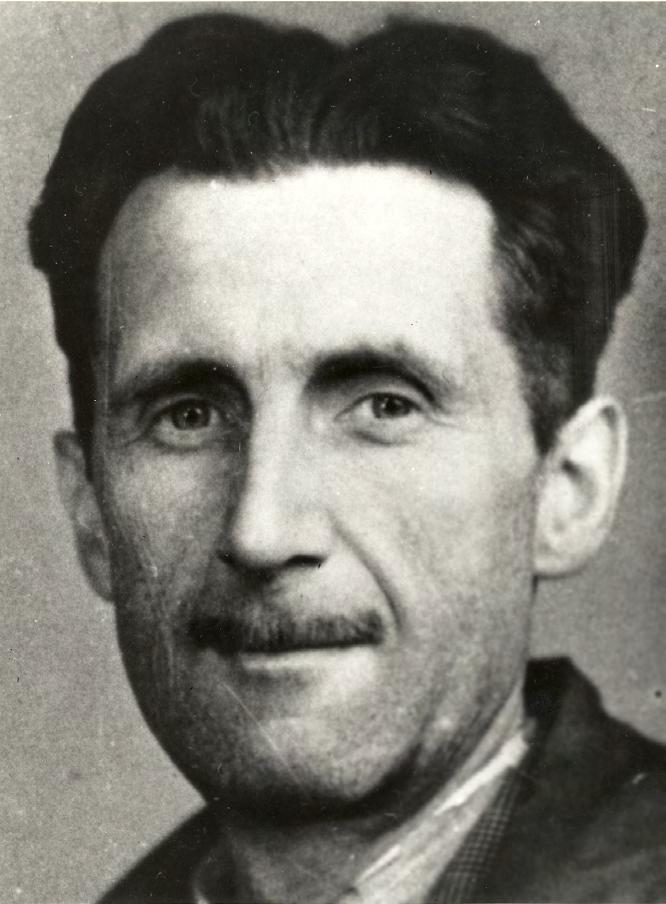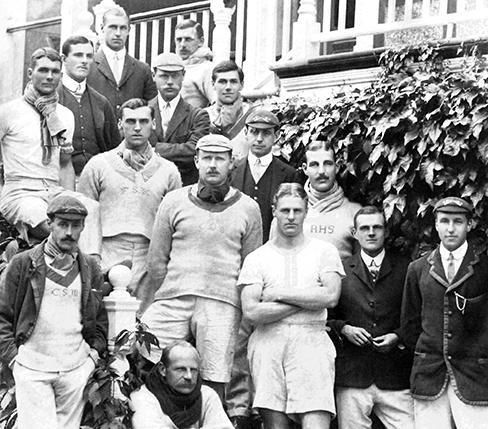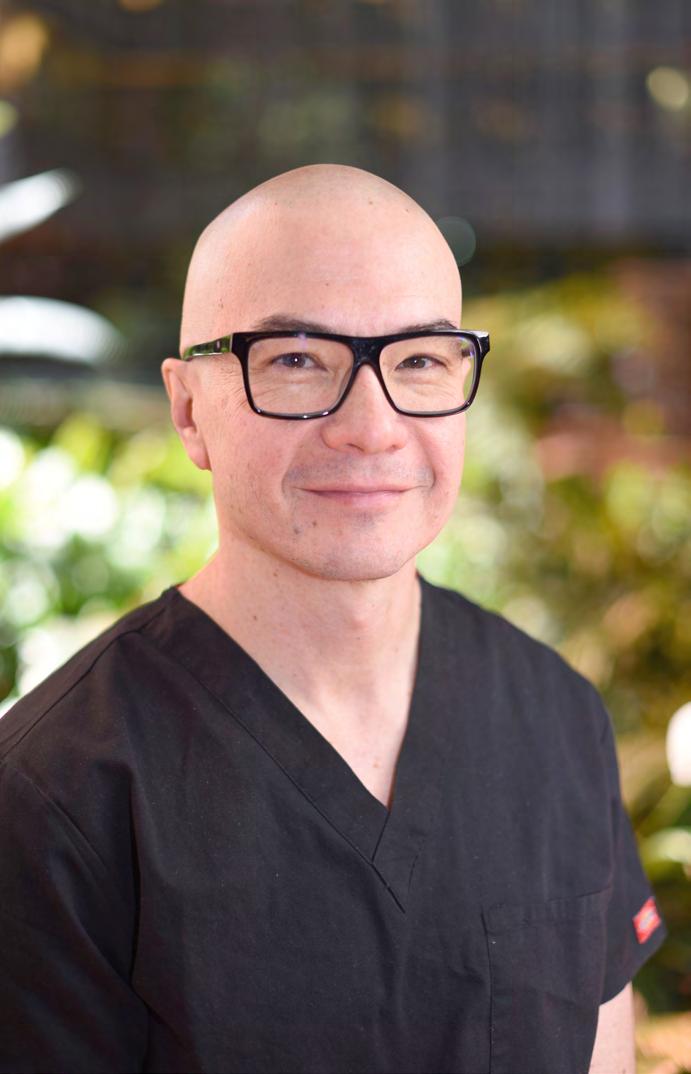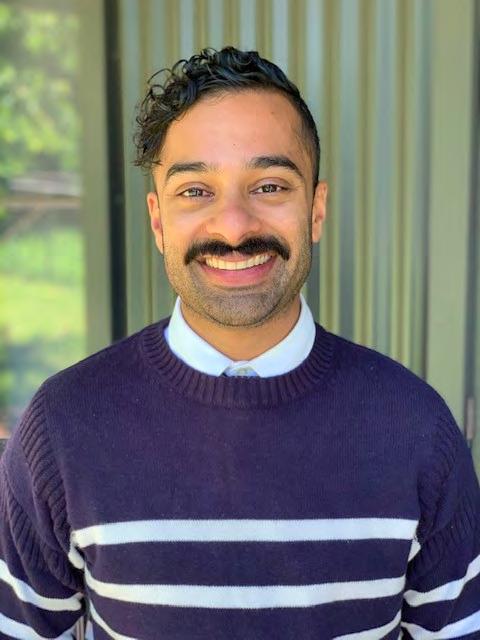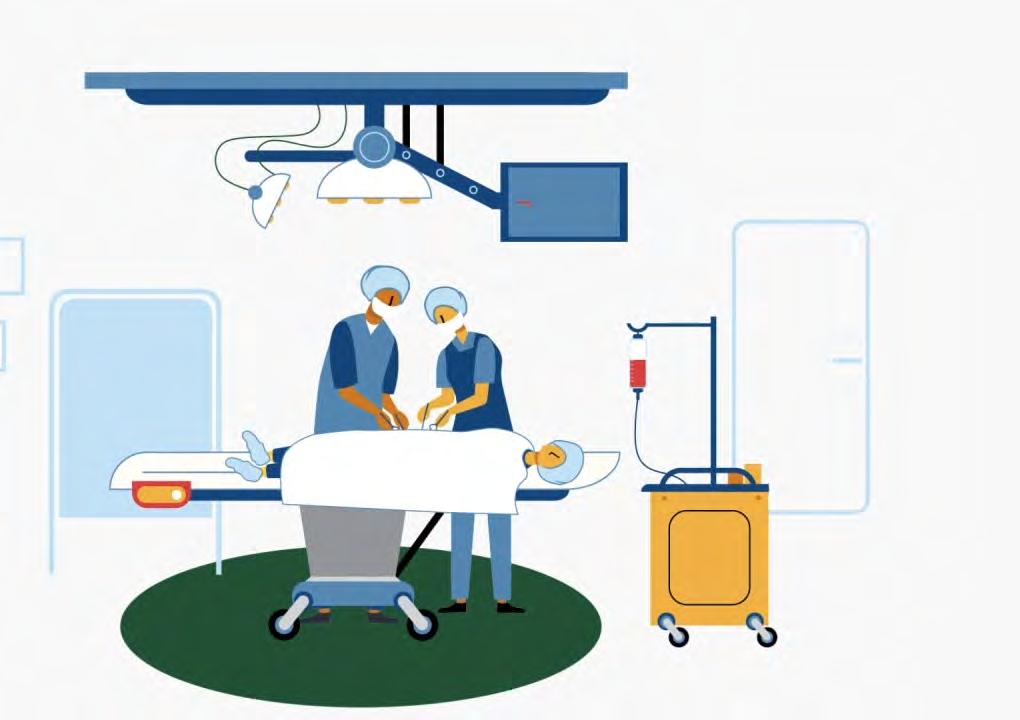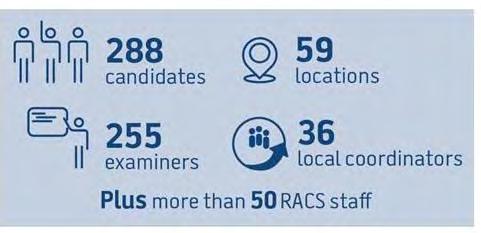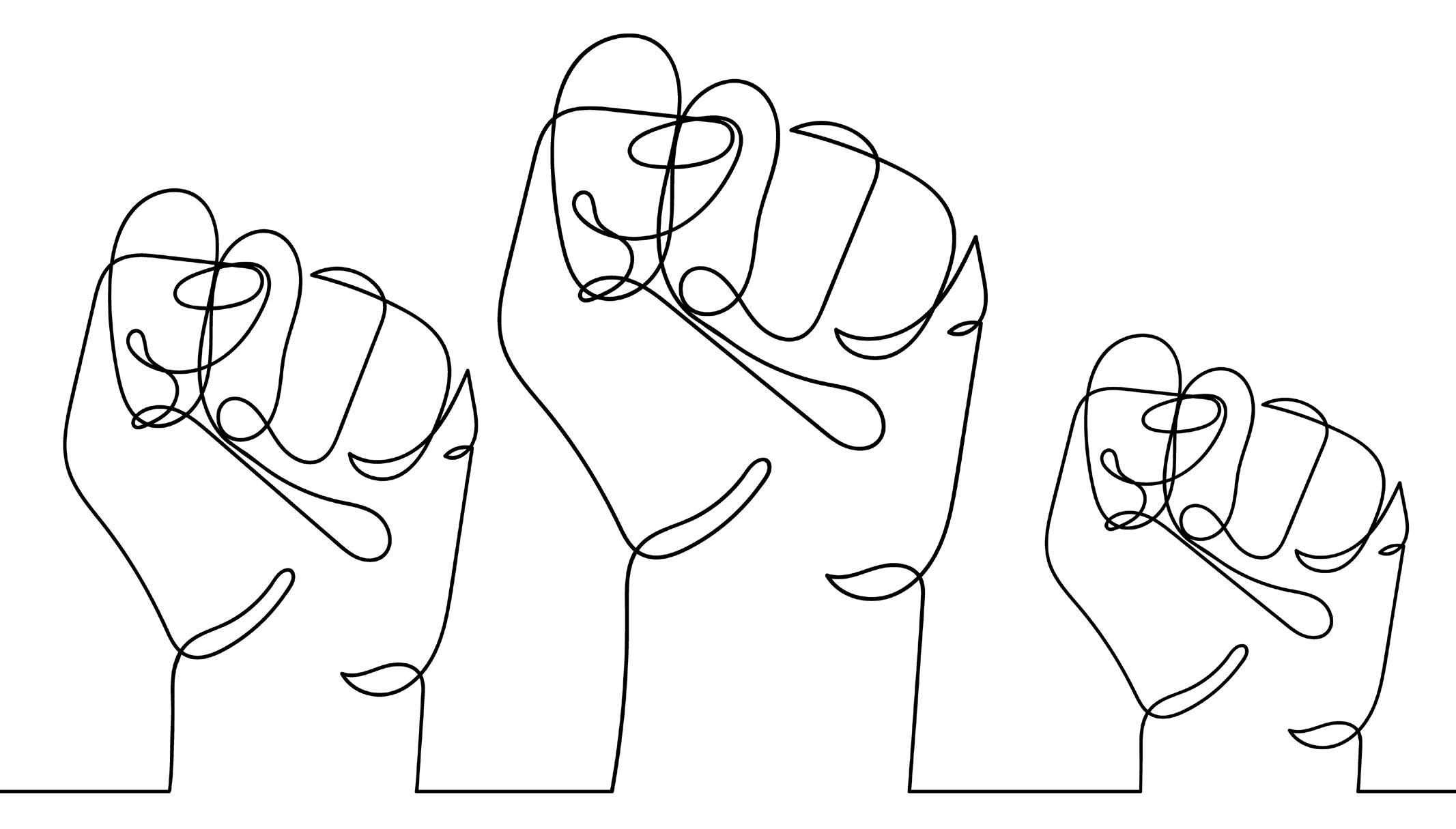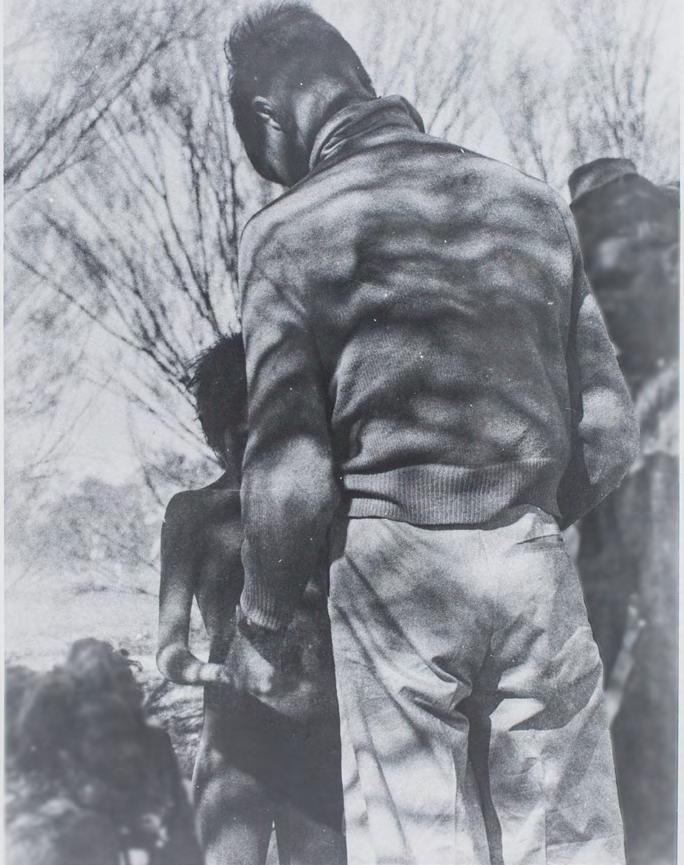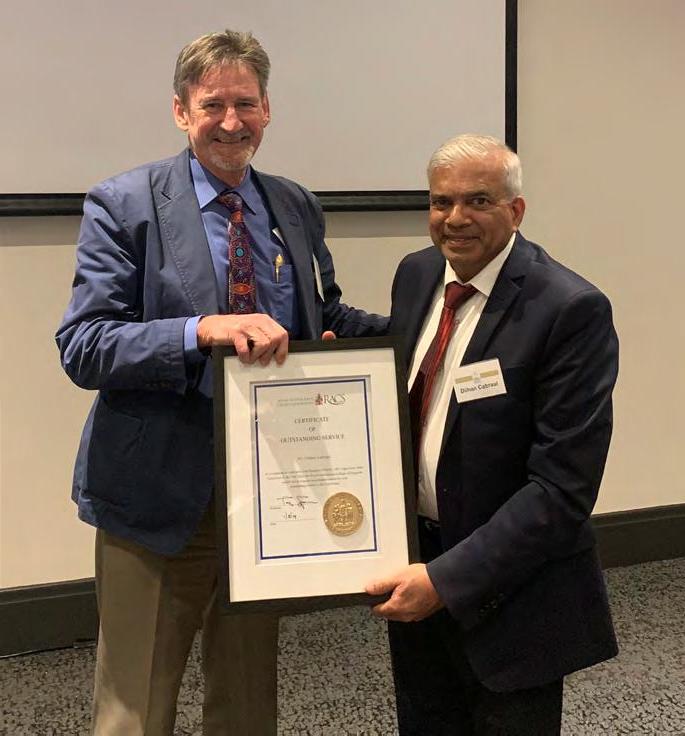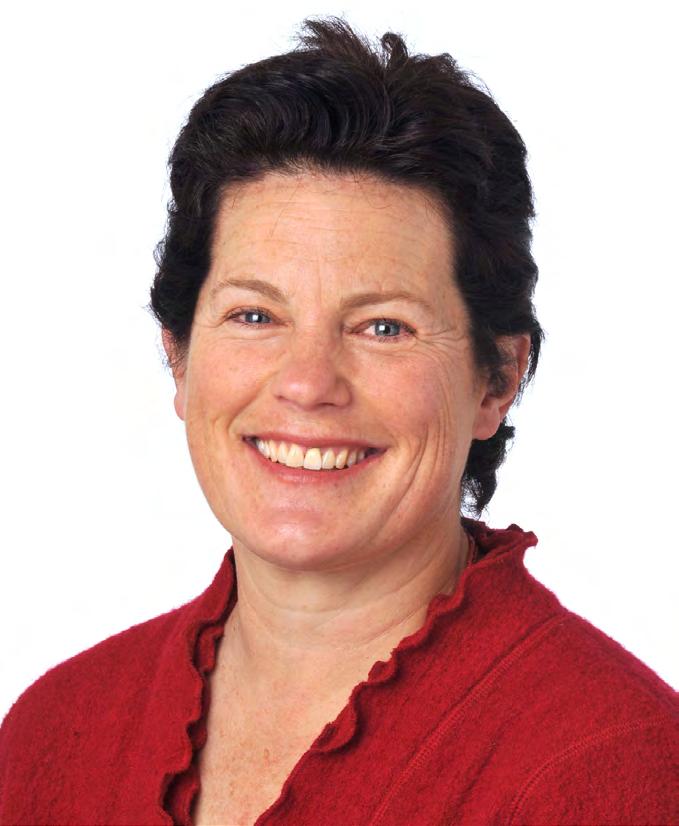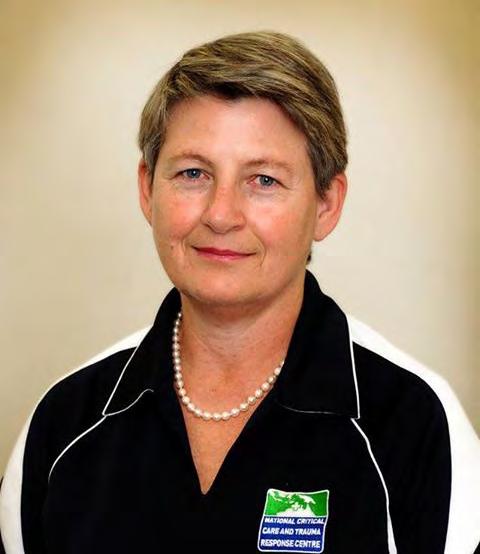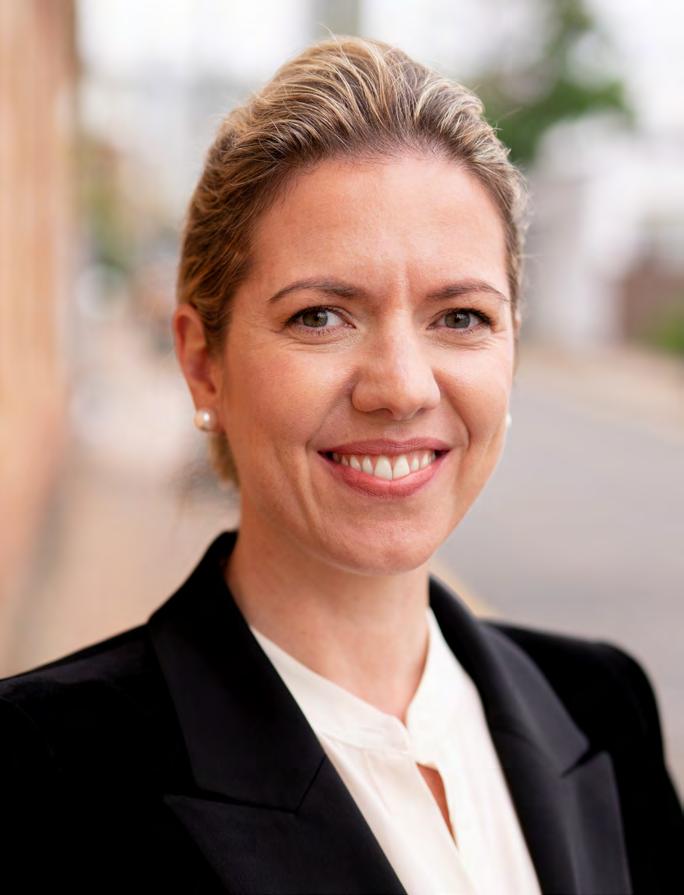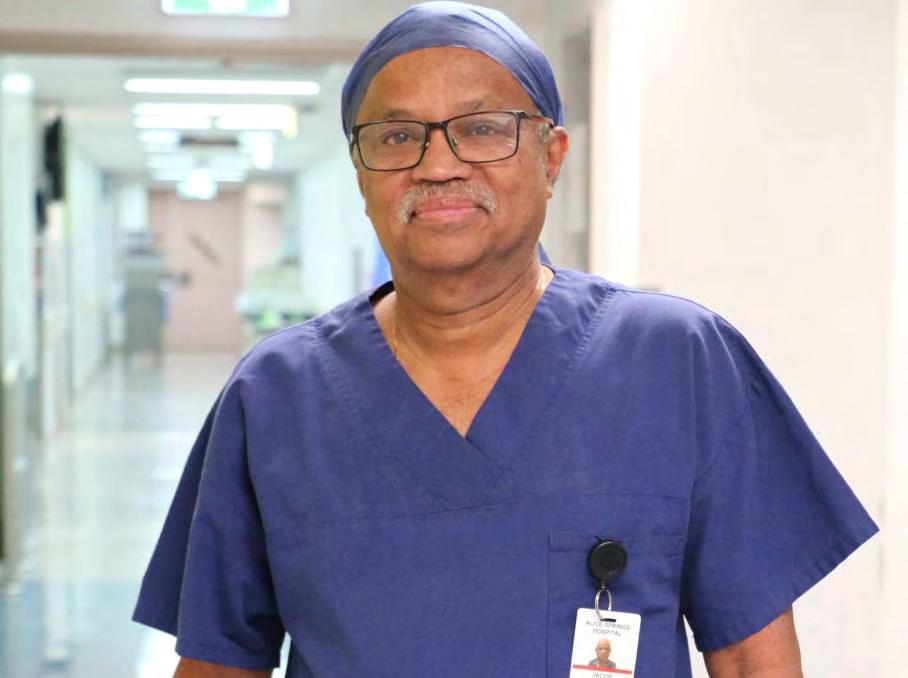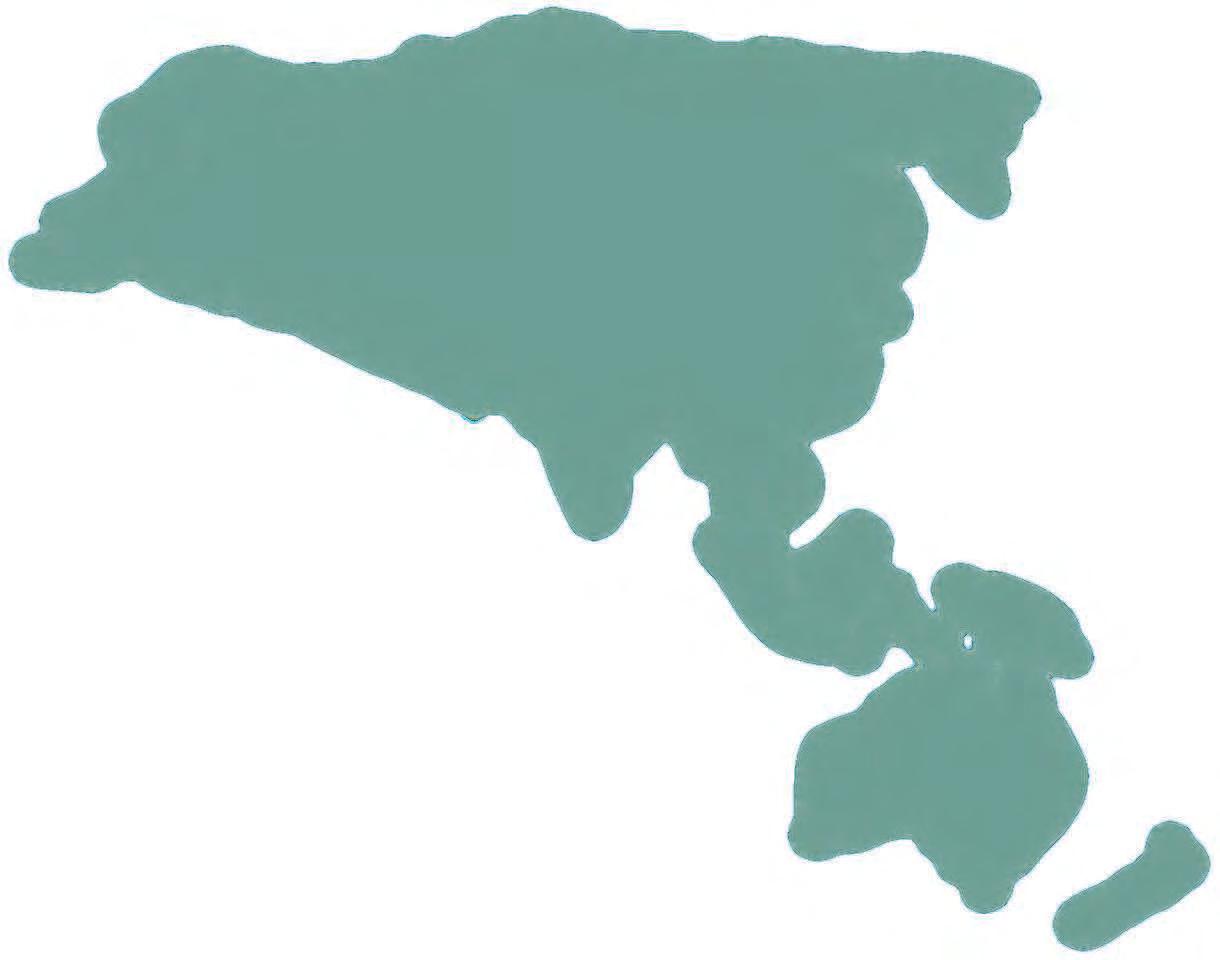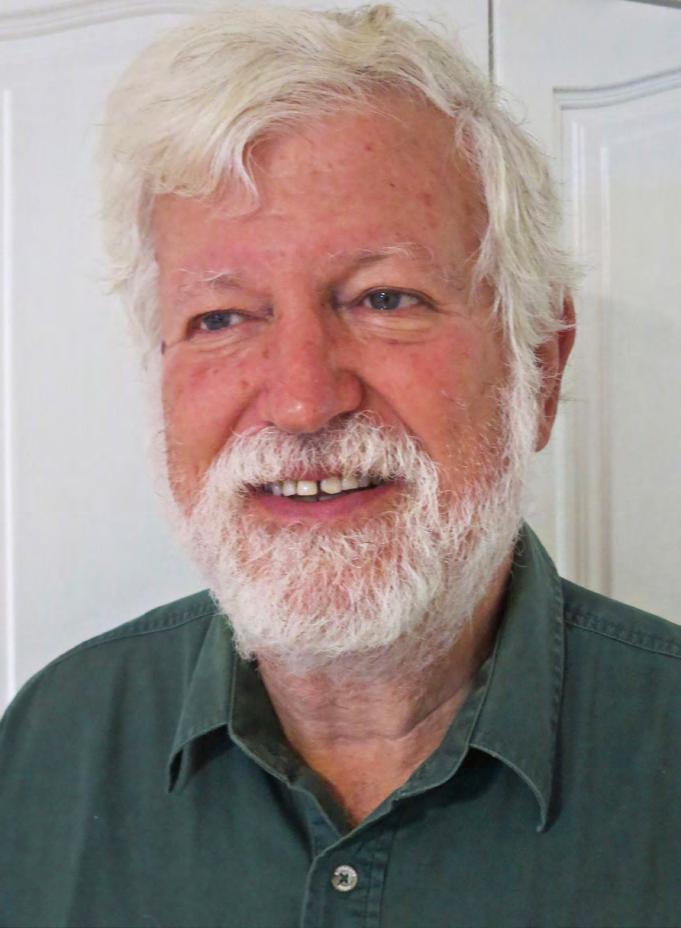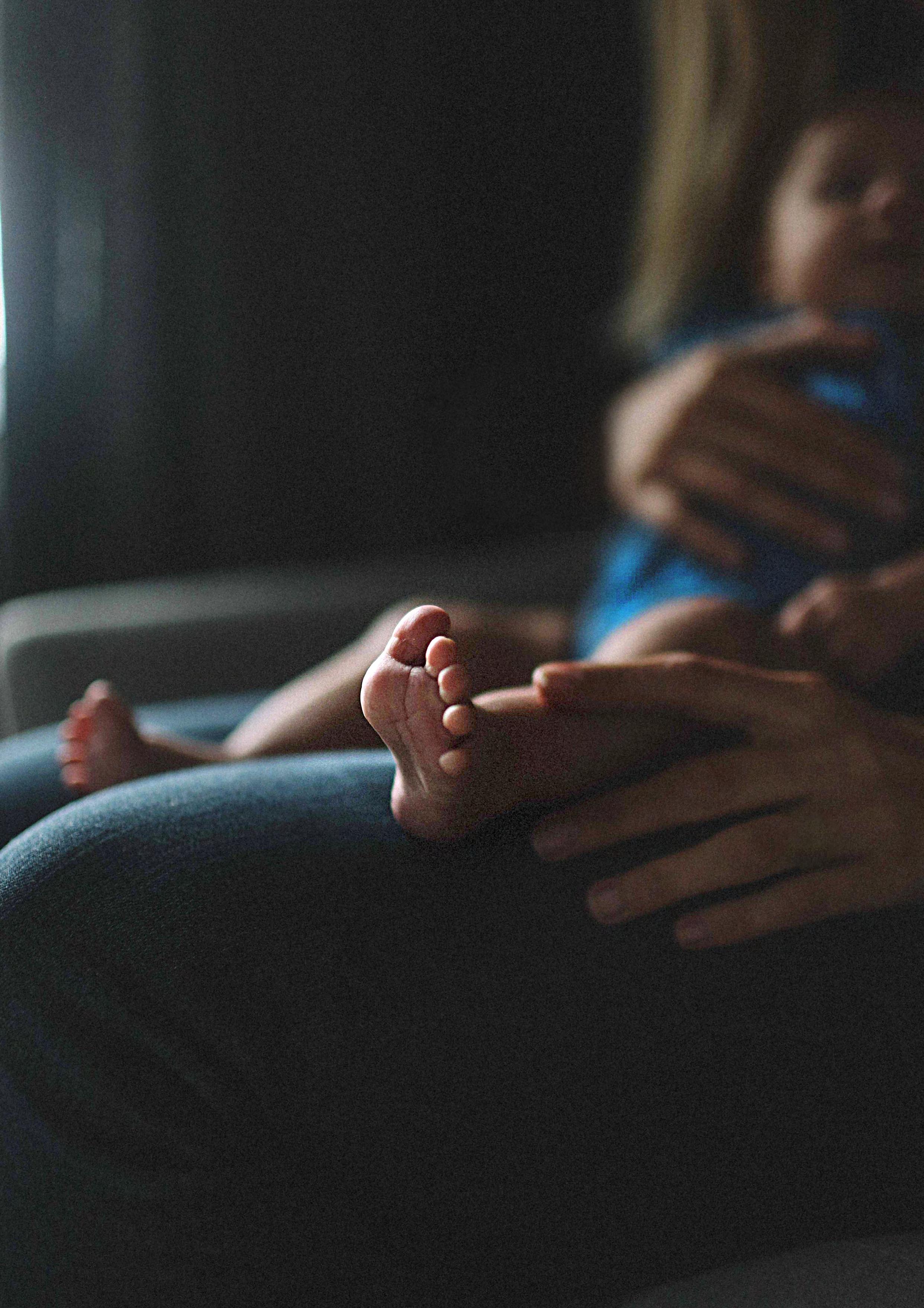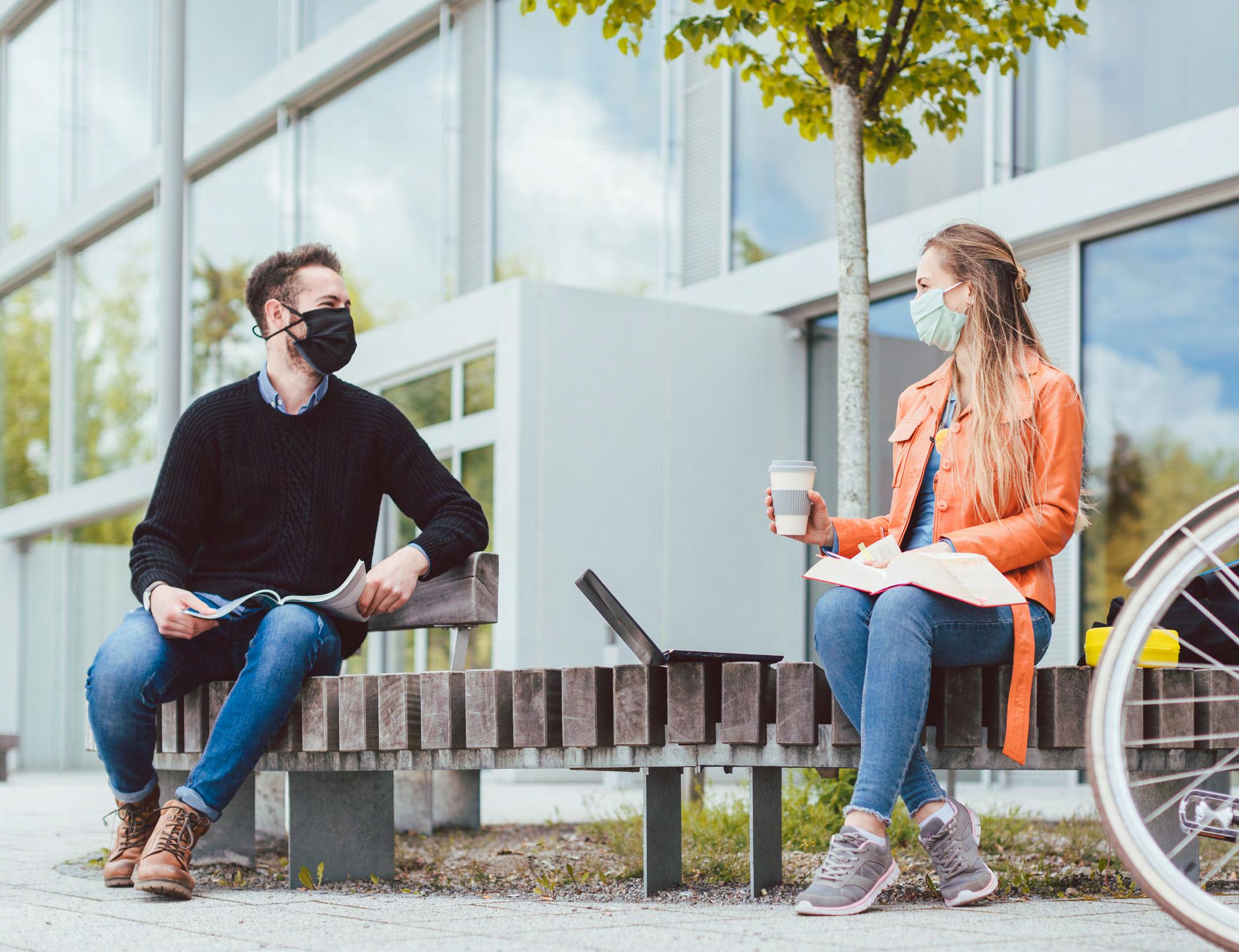20
Giving back feature
Improving the state of health care globally Surgical News talks to Dr Liz McLeod about her deep commitment to giving back.
accustomed to being well-supported with plentiful equipment, fabulous teams in theatre and great colleagues who can be called on at any time to provide opinions. Working in developing countries can mean limited equipment, poor infrastructure and having to make difficult clinical decisions due to resourceconstrained environments. “It wasn’t something I thought I was ready for in the early stages of my Fellowship,” she said.
In her final year of medical school, paediatric surgeon Dr Liz McLeod undertook an elective in the Solomon Islands that, in her own words, “was a massive eye opener”. While it was a “fabulous, rich and wonderful time”, she said, “it took the blinkers off about the state of health care in large parts of the world”. While Dr McLeod’s interest in global health never dimmed, surgical training and family responsibilities took priority for a number of years. In the 1980s, the Royal Australasian College of Surgeons (RACS) Global Health model was different to what it is today. Visiting medical teams would go out into the regions with little information and operate in challenging low-resource environments. For Dr McLeod, “It was a difficult time of life to just take two weeks off and leave the kids,” she said. “But also, in that early stage of your career, it’s quite a daunting thing to do,” she explained, adding that surgeons in Australia and New Zealand are
In 2007, with an MD from the University of Melbourne, a Fellowship in General Surgery and a Fellowship in Paediatric Surgery under her belt, Dr McLeod departed on her first Global Health trip to Atambua, on the border of Timor-Leste in West Timor. As a new program in Eastern Indonesia, there were no established relationships, no contact and no communication, she said. “We were very much anticipating the kind of cases we’d have, and the locals didn’t know what we could do and what we couldn’t do.” In the Pacific it’s a different context, Dr McLeod said. There have been good ongoing relationships with local counterparts and national Ministries of Health for more than 30 years. “They know who we are and we can communicate directly. Before a trip visiting medical teams will be working patients up in liaison with in-country hospital partners; in-country clinicians know the kind of cases they need assistance with and the specific equipment required,” she explained. “It’s all based on relationships.” Advances in technology have meant that triage and communication can happen prior to a trip and teams know what equipment will
be needed and the cases they’re likely to see due to preparation with in-country partners. RACS is a trusted institution in the region and the work done by Global Health is based on the outreach that started decades ago, Dr McLeod said.
“Many Fellows have very longstanding relationships in the region. They are people who poured their hearts and souls into building Global Health at the College.” Dr McLeod now provides technical advice to the monitoring and evaluation component of RACS’ Global Health program. In 2014, she graduated with a Master of Public Health from the University of Melbourne and her administrative expertise has been directed at program design and the evaluation process, as well as lots of “thinking, planning, designing and evaluating.” Ultimately, her work contributes to the improvement of health outcomes for people in Timor-Leste, the Pacific Islands, Papua New Guinea (PNG) and Myanmar. Over the past 25 years RACS’ Global Health initiatives have delivered 900 visiting medical teams to the Pacific, conducted an estimated 97,000 consultations and performed 26,000 operations. Surgeons have always been happy to contribute and be part of visiting medical teams, Dr McLeod said. “It’s very rewarding on a personal level and they love to contribute outside the normal


